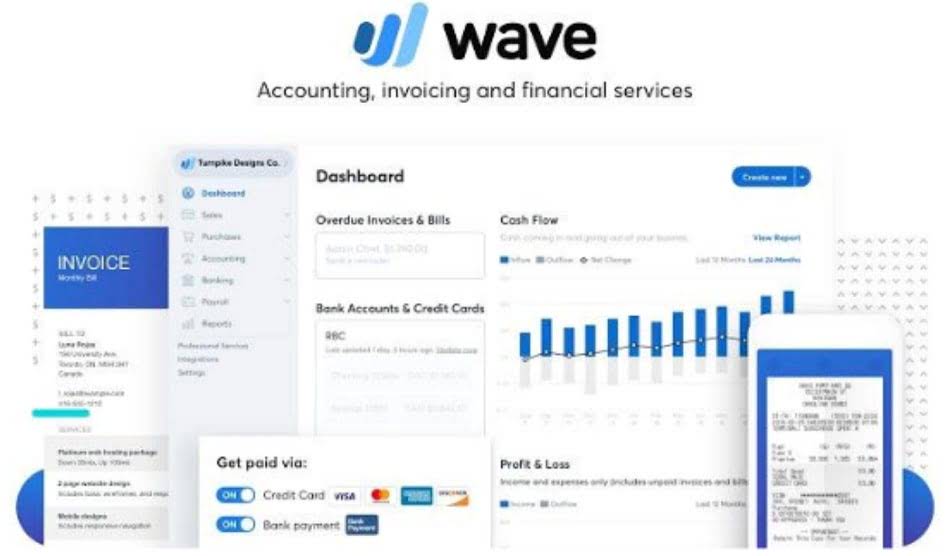
Therefore, all transactions are events but all events are not transactions. A transaction is a complete action, to an expected or possible future action. In every transaction, there is a movement of value from one source to another. For instance, inventory should be valued on the basis of ‘least of the cost and market price’ as per the principle of conservatism. The managerial control is achieved by analyzing in money terms the departures from the planned activities and by taking corrective measures to improve the situation in future.

The government responded by initiating the Sarbanes-Oxley Act of 2002 (SOX) a law that holds company financial officers directly responsible for accounting fraud and oversight. SOX law and other accounting laws combine business accounting with ethical sensibilities to create accounting data that users can trust. Freshbooks offers integrated invoicing that makes it simple to manage your accounts receivable and your accounting in one place.
You need accounting to attract investors or sell your business
Your profit and loss statement (also known as P&L or an income statement), both for the current month and year-to-date, tells you how much you earned and how much you spent. Comparing your actual numbers to your planned numbers highlights where you may spend too much or not enough. Whether you have a seasoned or new business, brick and mortar shop, or online store, you need to handle numerous monthly accounting tasks.
This may mean that the relevant period needs to go back further than 52 weeks, up to 104 weeks. If a worker has not worked with the employer for long enough and there are fewer than 52 weeks to take into account, then the relevant period is shortened to that lower number of complete weeks. Standardized accounting principles date all the way back to the advent of double-entry bookkeeping in the 15th and 16th centuries, which introduced a T-ledger with matched entries for assets and liabilities. Some scholars have argued that the advent of double-entry accounting practices during that time provided a springboard for the rise of commerce and capitalism. Managing profit and loss in business accounting involves calculating revenue and finding ways to cut costs. Profits are earnings or cash in, and loss refers to anything the company has to pay for or money out—record profits and losses on a profit-and-loss statement or income statement.
2 Leave entitlement when leaving a job part-way through a leave year
A second definition considers capital the level of owner investment in the business. The latter sense of the term adjusts these investments for any gains or losses the owner(s) have already realized.Accountants recognize various subcategories of capital. Working capital defines the sum that remains after subtracting current liabilities from current assets. Equity capital specifies the money paid into a business by investors in exchange for stock in the company. Debt capital covers money obtained through credit instruments such as loans. An accountant can perform the tasks of a bookkeeper, but they also have training to ensure that financial records are accurately and reliably recorded and presented in accordance with accounting standards.
It’s important that a company does not hold too much or too little of an unsold product or service. To ensure that doesn’t happen, a component of business accounting is managing and reviewing inventory. Maintaining a positive cash flow system is vital to a company’s success. A company should organize and track when and where cash goes at all times.
Best Online Bookkeeping Services
These are the main types of accounting, each serving a specific purpose and catering to different stakeholders and requirements. Accounting plays a pivotal role in the success and longevity of businesses, serving as the financial backbone that enables informed decision-making, regulatory compliance, and sustainable growth. Accounting is a back-office function where employees may not directly interface with customers, product developers, or manufacturing. However, accounting plays a key role in the strategic planning, growth, and compliance requirements of a company. If your company operates in a state that requires sales tax, make sure you comply to avoid serious penalties.

External users usually need accounting information for investment or legal reasons. External users include investors, creditors and government agencies. Financial accountants manage and report information to external users.
The recording of business transactions or activities is done through a process of accounting. To find out the results of a business, the information relating to the cost of the products and revenues from the products is collected. Then the costs and revenues are compared to find out the profit or loss of the business. If volume of sales of the products is high and the number of transactions of the business is very high, it is impossible to keep all these transactions in the mind of a businessman. Accounting is the art of recording, classifying, summarising and analyzing business transactions and interpreting the results thereof. In accounting, only those transactions and events are recorded which can be measured in terms of money.